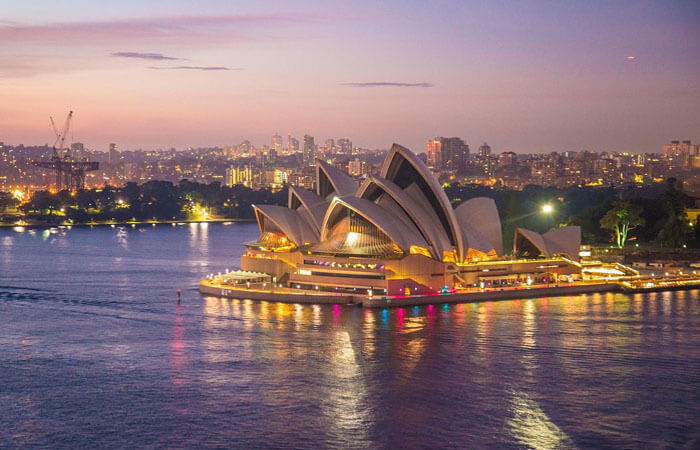Bastille Day | French National Day

Bastille Day, also known as French National Day (La Fête Nationale), is celebrated throughout France every year on July 14 in remembrance of the storming of the Bastille prison on July 14, 1789, which was the spark that lit the fire that would become the French revolution.
Much like the Fourth of July in America, Bastille Day is commemorated with fireworks, parades, and other nationwide festivities that celebrate the unity of the French people and the end of tyranny.
Bastille Day is celebrated all over the world in French-speaking countries and areas (France, Belgium, Canada, French Polynesia), places that used to have French colonists or settlers (Pondicherry, India; Franschhoek, South Africa; New Orleans), and also some major cities throughout Europe (Prague, Budapest, Dublin, even London).
French Revolution history
France had one of the oldest monarchies in the world. French society was divided into three groups, called the three estates: The Clergy, The Nobility, and the Third Estate. In the late 1700s, after losing to Great Britain and Prussia during the Seven Years’ War, as well as supporting the 13 Colonies during the American Revolutionary War, France was in severe financial trouble.
To try and combat this, the government of King Louis XVI imposed taxes on the French commoners (the Third Estate), while the clergy and nobility (the First and Second Estates) were exempt and were also given other special privileges. With taxations, years of bad harvests, and numerous times when the clergy and nobility would outvote them during general assemblies, the commoners were growing increasingly angry and spiteful.
During the first year of the French Revolution in 1789, the all-important Storming of the Bastille occurred on July 14. Three days earlier, France’s Finance Minister Jacques Necker, who was considerate towards the Third Estate, was dismissed from government. Fearful that they would be attacked by those loyal to the king, the people of Paris stormed the Bastille Saint-Antoine (which also severed as a fortress, armory, and political prison) for gunpowder and ammunition.
With the help of rebel French guards and the Bastille’s commander Governor de Launay, who opened the gates to avoid a massacre, the crowd got into the fortress and ended up killing de Launay, along with some of his guards, and putting his head on a spike. Right after that, the French government abolished the feudalist system of the estates.
The Storming of the Bastille served as a prime example of common French citizens rising up in defiance against the royal authority that had been taking advantage of them. While France had to go through even more challenges during and after the French Revolution (Louis XVI’s execution, Robespierre and his Reign of Terror, and Napoleon Bonaparte’s empires), all of these events eventually led the country to become the democratic republic that exists today, This is why the Storming of the Bastille, in particular, is still celebrated today. There was actually a precursor to Bastille Day in 1790, called La Fête de la Fédération on the Champ de Mars, which celebrated the beginnings of the revolution.
How is the day celebrated?
It is a bank holiday, in France, with closed stores and restaurants, except in the most touristy areas. In addition, the French take advantage of the occasion to celebrate with a wealth of patriotic display and good old fashion summer fun. Celebrations take place all over the country, including in the smallest villages. Many French people attend large-scale events, but others prefer to stay home and enjoy their day off with friends and family.
The military parade down the Champs-Elysées in Paris, the largest and the oldest in Europe, kickstarts the celebrations. French troops march and their allies march in a lavish display from the Arc de Triomphe down to the Place de la Concorde for over 2 hours as the crowds cheer alongside the parade. The parade is broadcasted on live TV, and many French people choose to watch it.
Firework displays are popular in many places across the country, from small towns to local landmarks. They are sometimes preceded by concerts and other events, like community meals. The most popular ones are held near the Eiffel Tower in Paris, and it can get very crowded. Each year has a different theme and the crowds wear costumes and enjoy live music while they dance into the night and prepare for the celebrations the next day.
Some French people prefer to stay home and avoid the crowds on Bastille Day. It is summer and school vacation after all, so many simply invite friends over for a meal and a relaxing afternoon after watching the parade on TV in the morning.
Suggested Read: Important Days In July






